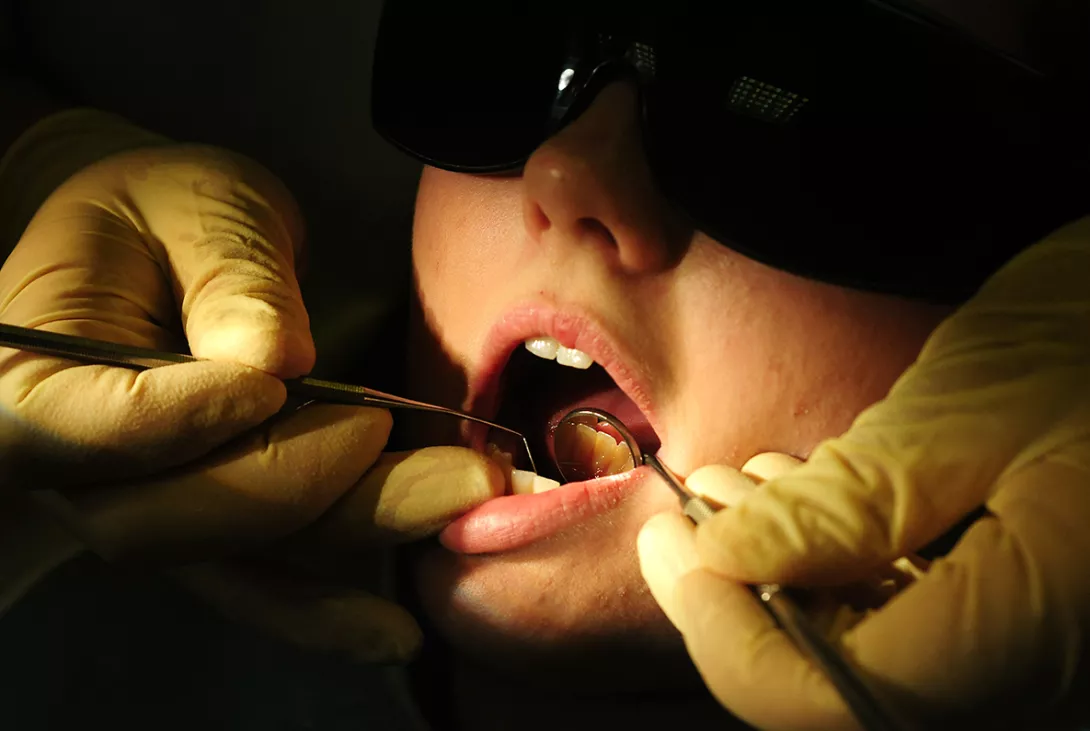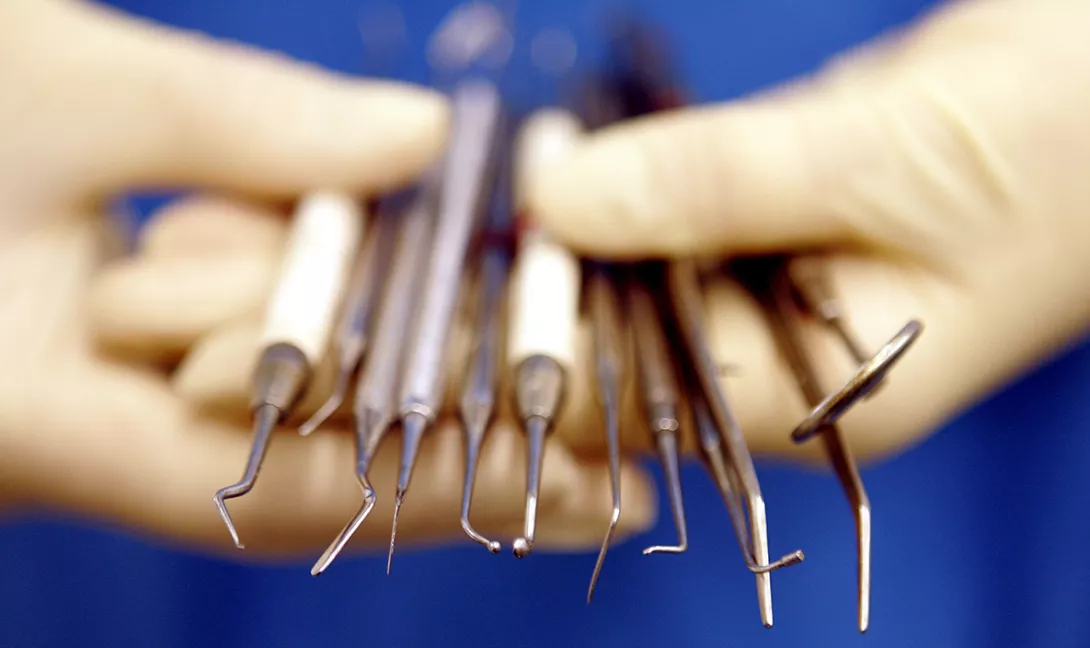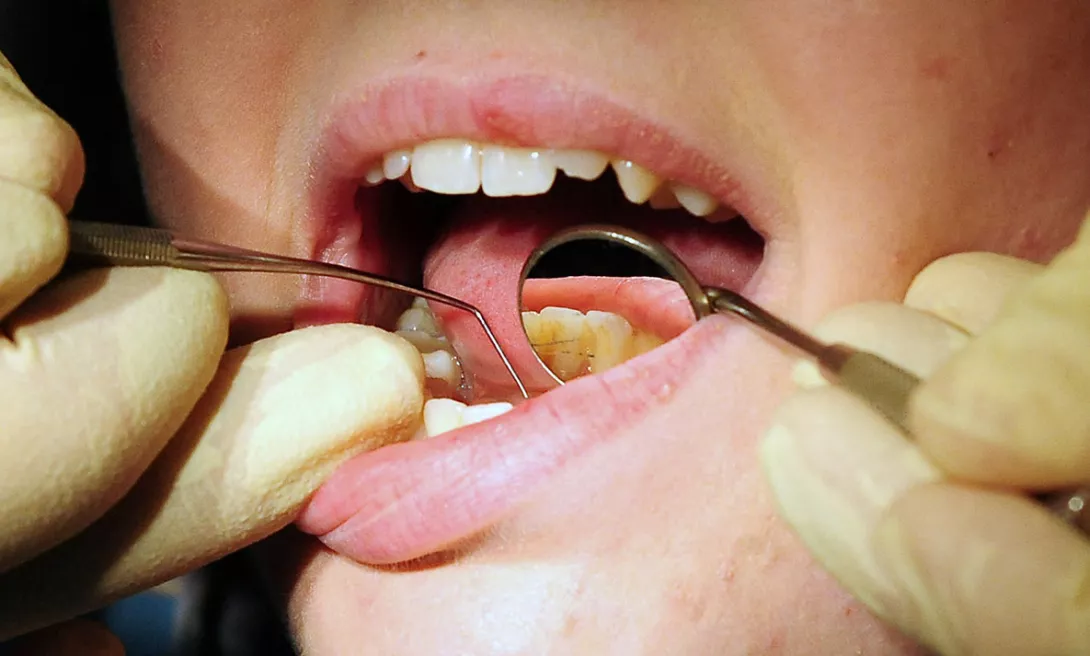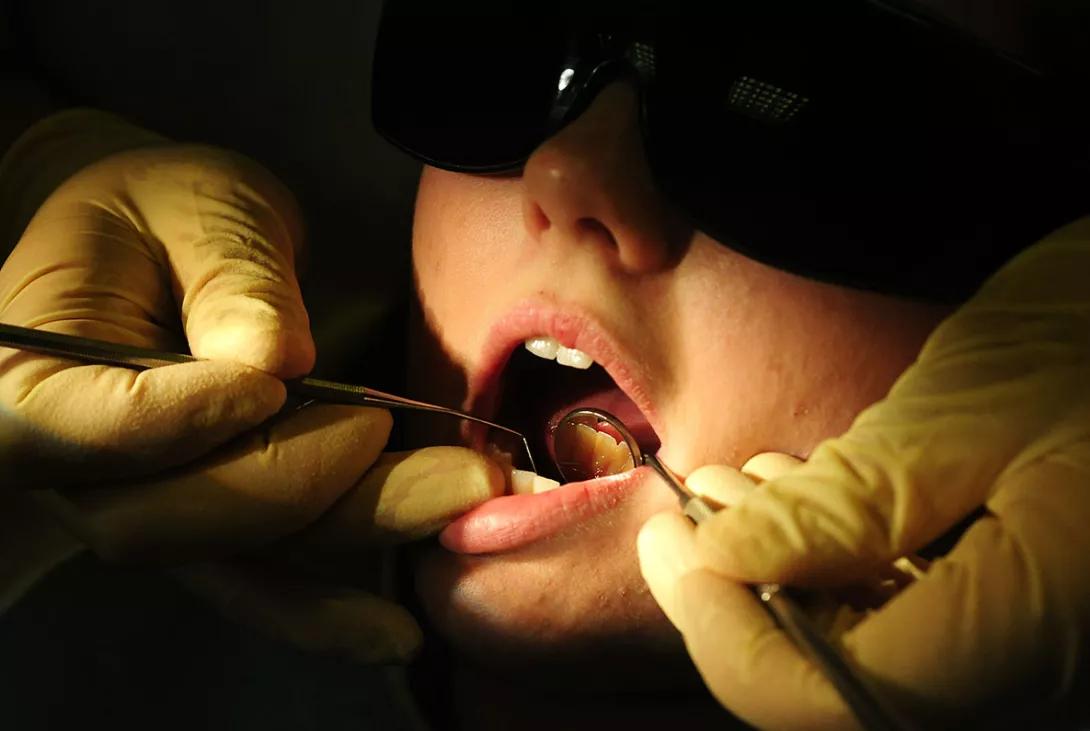Covid inquiry ignores dentistry as taking biggest hit and weakest recovery in healthcare, BDA warns

DENTISTS have warned that the Covid Inquiry overlooked the pandemic’s impact on dentistry, risking further damage if “lessons are not learned.”
The British Dental Association (BDA) has submitted new evidence to the inquiry, which shows that dentistry suffered the sharpest single fall in capacity as well as the weakest recovery.
Its analysis found that dentistry had lost a third of all NHS capacity from 2020/21-2023/24 — far larger than the 1.7 per cent for outpatient care, and the 5.9 per cent for A&E admissions.
More from this author















